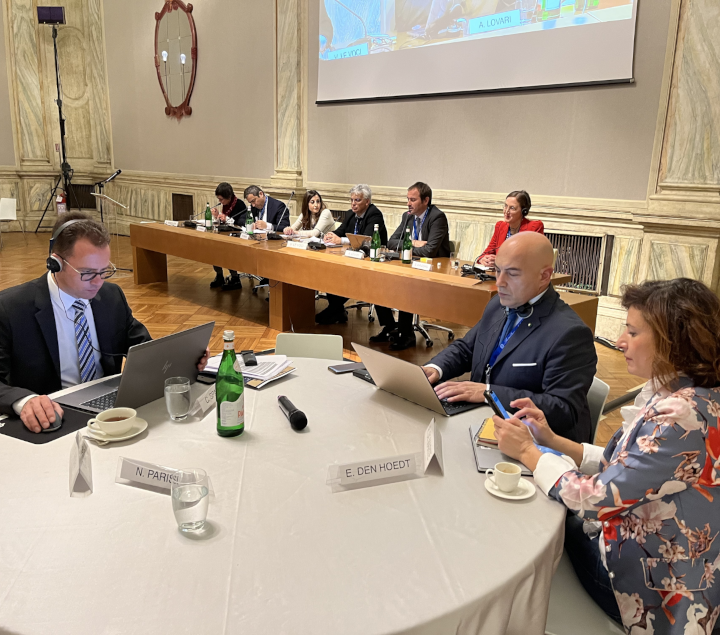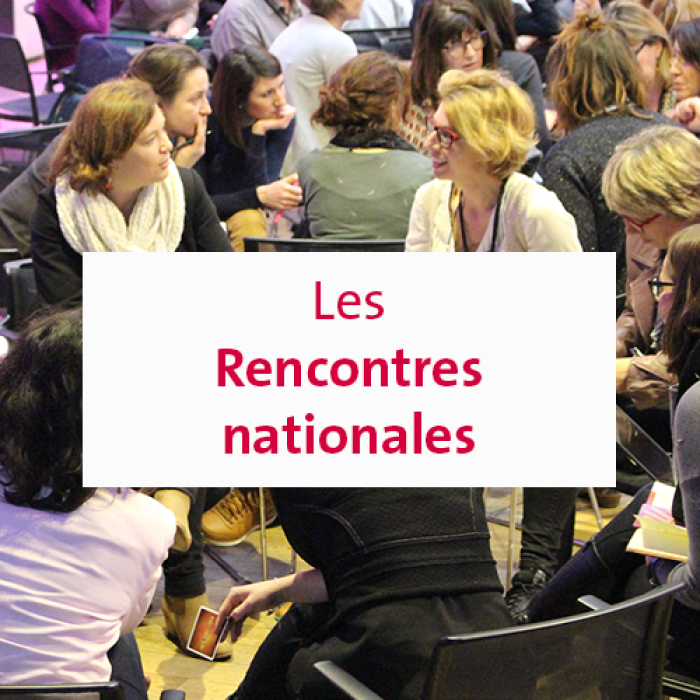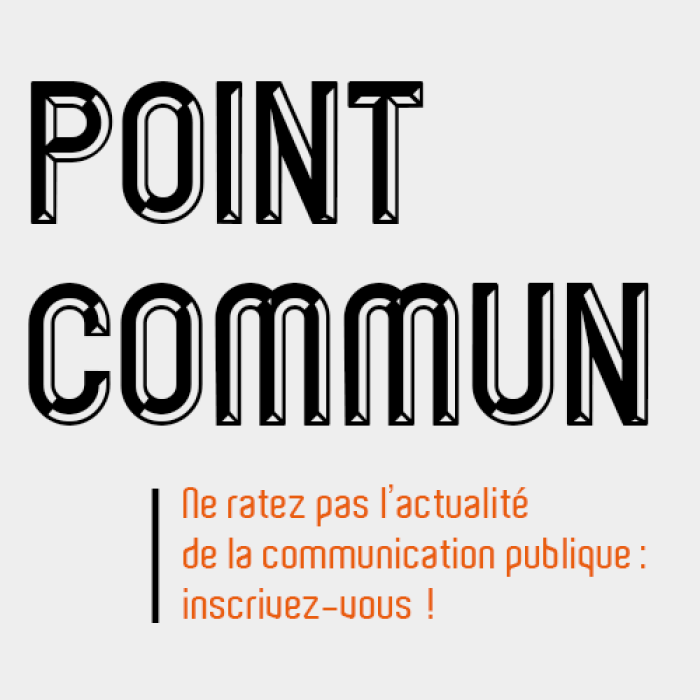
European communication in synch in Venice
Last week, the Club of Venice held its plenary meeting, which was entirely given over to the new challenges of public communication across Europe. Participants agreed that there is a need to significantly strengthen the skills of communicators and improve how they share best practices.
Fabrizio Spada’s welcome address on Thursday, 24 November set the tone for the day. Spada, head of the European Parliament’s institutional relations office in Italy, said: “We are now facing a further crisis, and member states are imposing restrictions.” Much like in Strasbourg a week earlier, governing bodies have welcomed the role of public communicators at a time of repeated crises and public distrust. A whole range of points of tension, from the Ukrainian crisis to issues related to the energy transition, were analysed by the government communicators who meet in the Club of Venice. Paola Mar, Venice’s Deputing Councillor for Heritage, even began proceedings by raising the issue of communicating about the “green” taxes and constraints: “We need to inform people about the access fee that will be introduced in July to cope with the pressure of tourism. I think people make a conscious decision to base their organisation in Venice, because Venice is not an easy city to be based in! We face a real challenge in terms of institutional communication, especially as it is one of the most difficult cities in which to communicate. Communication is constantly evolving. That being said, as a historian, I know that it is essential to tap into original sources,” she added, referring to the foundations of territorial marketing, which are dear to the heart of Stefano Rolando, President of the Club of Venice and a renowned specialist in the subject at the University of Milan.
Una stretta di mano
During the Club of Venice’s plenary meeting on 24 and 25 November 2022, Compubblica, the Italian association of public and institutional communication, and Cap’Com, the French local public communication network, agreed to strengthen their ties with the aim of stimulating discussions between public communicators from both sides of the Alps on best practices, skills development and the future challenges of the profession. The two organisations will reach out to public communicators’ networks in other European countries in an effort to share these common practices and promote inclusive, citizen-oriented methods.
Cap’Com, an associate member of the Club of Venice, listened to many other very interesting speeches. One example was that of Erik den Hoedt, Director of Operations at the Dutch Ministry of General Affairs and Vice President of the Club of Venice: “I was a communicator specifically for elected officials and politicians. Some communicators worked more for companies. Others called themselves crisis communication specialists. But today everyone is involved in crisis communication. Because there are currently several crises, and even a more general and permanent state of crisis, in health, the economy, energy, politics. Can we still talk about crisis communication or is this the new reality? What does this mean for the way we communicate? We have to work together: that’s what our fellow citizens are asking us to do! And we need to develop our skills and expertise together.”
This view was supported by everyone at the meeting and echoed by Danila Chiaro, moderator of the second session: “There is a consensus on what is expected in terms of public communication, and on the need to start thinking about strengthening our skills and developing our own training tools.” This was a point of view shared by OECD Public Policy Analyst Karine Badr and by local communicators’ networks.





